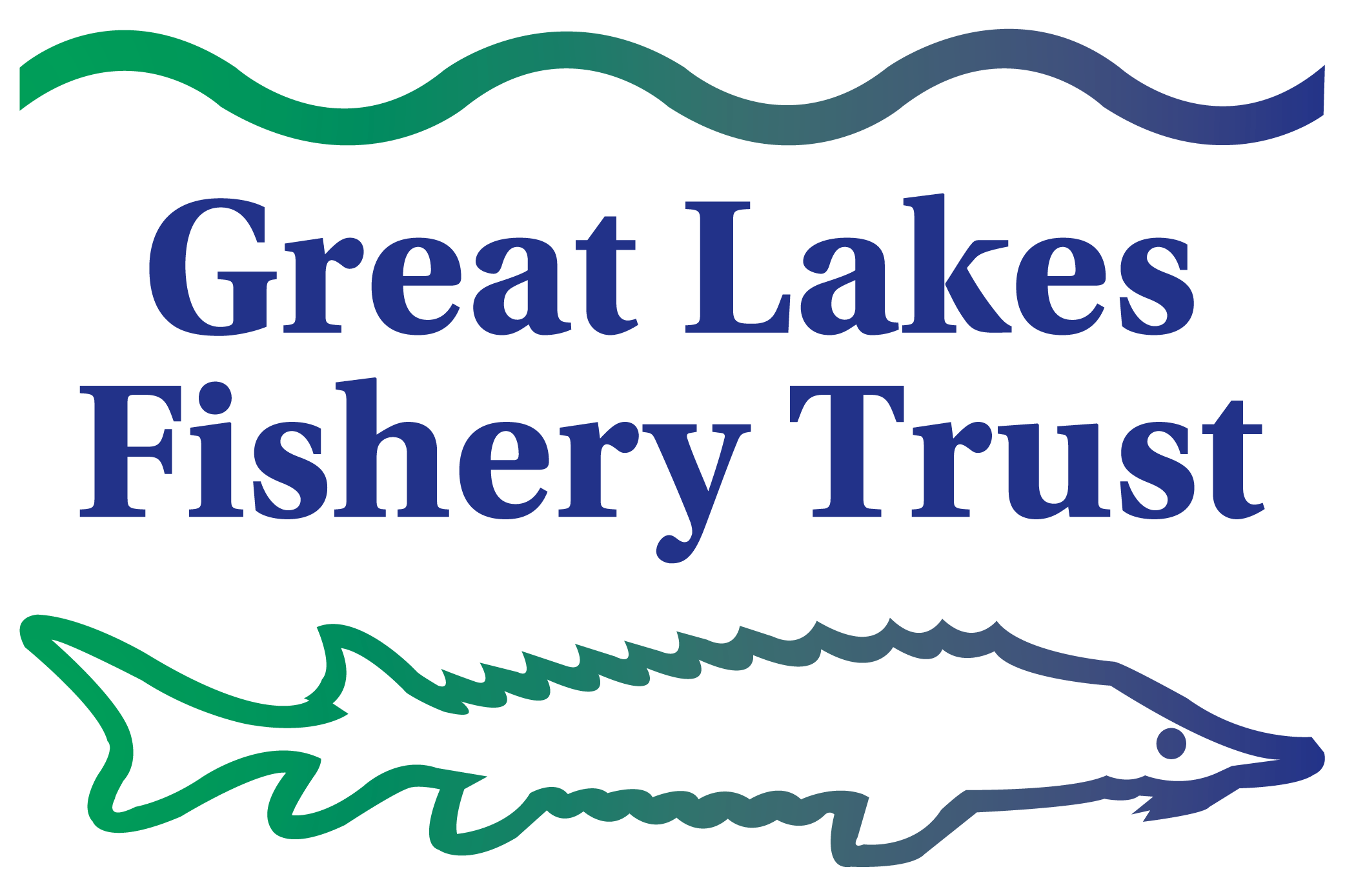The Access grant program provides funding to increase access to the Great Lakes for shore-based angling and tribal fishing. The request for proposals (RFP) is planned for release every other year in the summer on even number years (e.g., 2022, 2024, 2026, etc.). Funding is limited to sites within the state of Michigan and geographic priority will be given to sites within the Lake Michigan basin, although the GLFT will consider projects throughout the state.
Discover angling sites throughout Michigan using an interactive map of locations that have been improved, renovated, or developed through grant-funded projects.
Applicant Eligibility
Organizations eligible to apply for GLFT grants include nonprofit, educational, and governmental (including tribal) organizations.
Project Eligibility
Initial project eligibility requirements include:
- Projects must be focused on shore-based angling and tribal fishing.
- Projects must be located in the state of Michigan.
- Projects must be located on the Great Lakes or on tributaries below the lowermost barriers to fish passage.
- Site amenities must be directly related to fishing and the accommodation of recreational anglers and tribal fishing.
Additional project-specific considerations, priorities, and requirements are provided in the Policies and How to Apply sections below. Prospective applicants are encouraged to contact GLFT staff prior to submission of a grant proposal to discuss project eligibility, goals, and alignment with GLFT priorities. Staff are available to assist applicants with navigating the online grant proposal submission process.
Funding Priorities
The Trust’s priorities for the Access grant category are:
- Capital improvement and renovation of existing access sites, previously funded by the GLFT or other funding sources, that have exceeded or are nearing the end of their planned lifecycle.
- Development of new high-value sites that fill a gap in access. Eligible sites may be located on the Great Lakes or on tributaries below the lowermost barriers.
Grant Calendar
Access History of Grantmaking
The trust has awarded over $16.4 million to increase fishing access on the Great Lakes through approximately 100 grants. This funding has supported the development of shore-based angling and tribal fishing access, fish cleaning stations, and communications work to inform Michigan residents about angling opportunities throughout the state.
Policies
Please review the GLFT Policy on Tribal and Recreational Fishing Access Grants before submitting an application under the Access grant program. The GLFT Board of Trustees has established a number of additional policies regarding grants that may be applicable to applications submitted under the Access grant opportunity:
To review all of the grant-related policies for our multiple grant programs, please visit our Resources page.
How to Apply
The Access grant program RFP is released every other year in even years. Please review our Active Grant Opportunities to see which of our grant programs are currently accepting applications. The forms and instructions necessary to guide you through the application process are provided in the 2024 Access to the Great Lakes Fishery Application Guidance Document. If the Access program is not currently accepting proposals, the guidance document provides information on general program requirements for the next grant cycle.
Frequently Asked Questions
Staff are currently developing the frequently asked questions sections for each of the grant programs. Questions will be available for applicant review prior to the release of the requests for proposals.
Where can I find examples of previously funded access projects?
Examples of previously funded and completed projects can be found on the GLFT’s grant library page.
How do I identify management plans that are relevant to the proposed project site?
Check with your local unit of government for management plans that could align with your project. Priority will be given to projects that are identified through a five-year recreation plan, community master plan, capital improvement plan, or similar planning document.
I’ve never submitted a proposal to the GLFT before. Should I spend the time to contact staff to discuss our project?
Yes, the GLFT encourages prospective applicants to contact staff when developing proposals. Staff can provide guidance that can help you align a proposal with GLFT priorities.
Does the GLFT fund capital improvement of existing fishing access sites?
Yes. The GLFT prioritizes capital improvement and renovation of existing access sites, previously funded by the GLFT or other funding sources, that have exceeded or are nearing the end of their planned lifecycle.
Can GLFT funding be used to support projects on inland lakes and streams?
It depends. GLFT access funding is focused on enhancing access to Great Lakes fish populations. Funding is limited to sites along the Great Lakes or within tributaries below the lowermost barrier. If you aren’t sure whether your site is eligible, please contact GLFT staff.
Can GLFT funding be used to support projects outside of the Lake Michigan basin?
Yes. GLFT prioritizes projects within the Lake Michigan basin but does fund projects in other lake basins. All projects must be located within the state of Michigan.
The RFP notes that a letter of support is required from a Department of Natural Resources or tribal fisheries biologist validating that the project provides access to a viable sport and/or tribal fishery. Do I need to submit this letter with my application?
Yes, a letter from a fisheries biologist must be submitted with your grant application. The application portal will provide a space to upload the letter as an attachment.
Where can I contact a fisheries biologist to request a letter of support validating that the project provides access to a viable sport and/or tribal fishery?
Please contact GLFT staff if you need assistance with connecting to a state or tribal fisheries biologist.
Can GLFT grant dollars be used as match funding for other funding sources?
Yes, the GLFT encourages grantees to use GLFT funding as match for other sources. GLFT funding can fulfill matching requirements of many state and federal funding programs that require sources of nongovernmental match funding.
What if my proposed project doesn’t have match-funding sources?
Match funding is not required for shore-based angling sites; however, proposals that include local funding and promote community participation in the use of fishery resources will be favored. The GLFT does require match funding to support the development of fish cleaning stations.
Can a nonprofit apply for a grant to improve access on public lands, then partner with a public entity like a city or township to manage the site after it’s built?
Yes. The GLFT supports project teams that reflect the capacity and interests of communities. We encourage partnerships between entities capable of managing construction projects and entities capable of long-term site maintenance to accomplish the goals of the program.
Does the GLFT fund feasibility and early stage design projects through its access program?
Yes, and these projects have additional criteria for funding, which is outlined in the policy on feasibility, engineering, and design-only studies.
Does the GLFT fund land acquisition projects through its access program?
Yes, though land acquisition projects must conform with the GLFT’s policy on land acquisition and a grant application must provide evidence that the purchase cost is an essential component to increasing access to shore-based angling.
Does the GLFT fund boat access sites through its access program?
Improvements to accommodate recreational small-boat access at shore-fishing sites may be eligible only if it can be demonstrated that other funding sources have been exhausted. The GLFT does fund boat access sites to increase access for tribal commercial fishers.
I’m interested in submitting a proposal, but I see that the application period has closed. What can I do?
In most circumstances, the GLFT evaluates all proposals for each of our grant categories at the same time during the year. This helps ensure that requests are considered in the context of each other and that the proposals best aligned with GLFT priorities are funded. Our website is kept up to date with future application periods and the request for proposals from our most recent application period. These documents can be used to help begin developing a proposal. We encourage applicants to submit a proposal once the application period is open. If you feel that there are compounding factors that would require immediate action, you are encouraged to contact GLFT staff.

